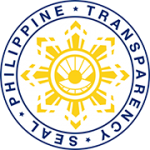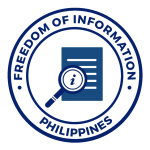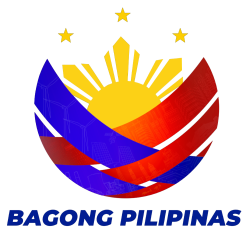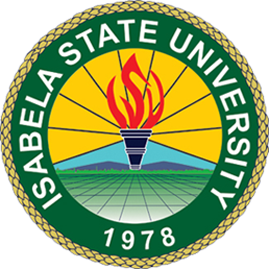A. Information and Orientation Services
These are informative activities and materials designed to facilitate student adjustment to life in tertiary/higher education.
1. Information and Orientation Services
This service consists of information materials on institutional mission, vision and goals, academic, rules and regulations, student conduct and discipline, student programs, services and facilities and such other information necessary for student development and should be made available to all students.
It also includes regular comprehensive orientation program held for new and continuing students responsive to their needs, including orientation on the dynamics and nature of persons with disabilities, and relevant laws and policies affecting persons with disabilities.
An organized, updated, and readily available educational, career, and personal/social materials in different accessible formats are also provided to students. Information materials include statutes affecting students such as (a) R. A. 9262 or Anti-Violence Against Women and Children Act; (b) guidelines on drug abuse prevention and control, (c) R.A. 7877 or the Anti-Sexual Harassment Act of 1995, (d) HIV AIDS awareness, (e) self-care and healthy lifestyle, (f) R. A. 9442, particularly on the provision on public ridicule and vilification against persons with disability, and (g) Smoke Free Policy of the University.
B. Guidance and Counseling Services
1. Guidance Service – a set of services using an integrated approach to the development of well-functioning individuals primarily by helping them to utilize their potentials to the fullest.
2. Counseling – individual or group intervention designed to facilitate positive change in student behavior, feelings and attitudes.
3. Appraisal – gathering of information about students through the use of psychological tests and non-psychometric devices.
4. Follow-up – a system of monitoring to determine the effectiveness of guidance activities, in general, and placement in particular.
5. Referral – refers to coordination of multi-disciplinary team of specialists to ensure that special needs of students are met.
C. Career and Job Placement Services
These refer to the assistance provided for vocational and occupational fitness and employment.
D. Economic Enterprise Development
It refers to those services and programs that would cater to the other needs of students such as but not limited to 1) student cooperatives, 2) entrepreneurial, 3) income generating projects, and 4) savings.
E. Student Handbook Development
This refers to the development/updating of student handbook for dissemination, information, and guidance of students and university stakeholders.




